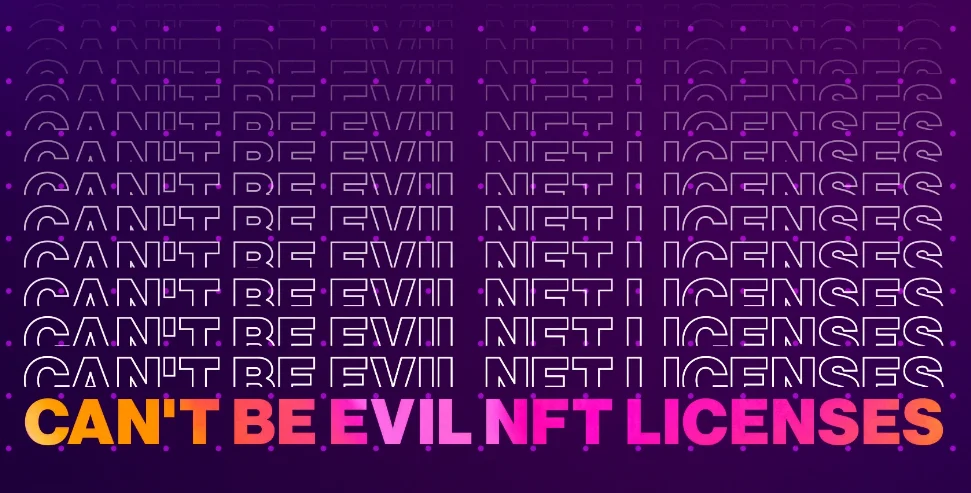Venture Capitalist firm Andreessen Horowitz (a16z) has developed six(6) licensing templates that give creators the power to set variables for their work’s future use.

A16z, a venture capital firm, revealed on Wednesday that it had developed a set of six licenses specifically for nonfungible tokens (NFTs) based on the Creative Commons model. Similar to Creative Commons licenses, the proposed NFT licenses, dubbed Can’t Be Evil licenses, offer a spectrum of rights.
While some NFT creators use Creative Commons licenses and others customize their terms, according to a blog post by A16z general counsel Miles Jennings and general partner Chris Dixon, many NFT projects lack licenses or have licenses that are poorly written, which can result in copyright and other legal issues. They continued by saying that most NFT purchasers are unaware of the rights attached to their NFTs.
The licenses also seek to hold creators accountable for the unauthorized use of third-party materials.
The licenses can be modified but cannot be canceled. In five categories—Copy, Display & Distribute, Hate Speech Revocation, Commercial Use, Modify & Adapt, and Sublicense—they grant a variety of rights. On the a16z cryptocurrency GitHub, they are accessible as smart contracts with the most lenient Creative Commons license.
Customers have been dissatisfied as a result of the widespread ambiguity surrounding NFT ownership rights, which has threatened to spark “a tsunami of lawsuits.” The American Congress has become interested in the situation. Two senators asked the U.S. Patent and Trademark Office and the U.S. Copyright Office to do research into the problems related to NFT intellectual property rights in June.
